Ready to take the plunge and buy a new home? If you’re like most people, it will probably be the largest purchase you’ll ever make – and this is an exciting, but daunting prospect.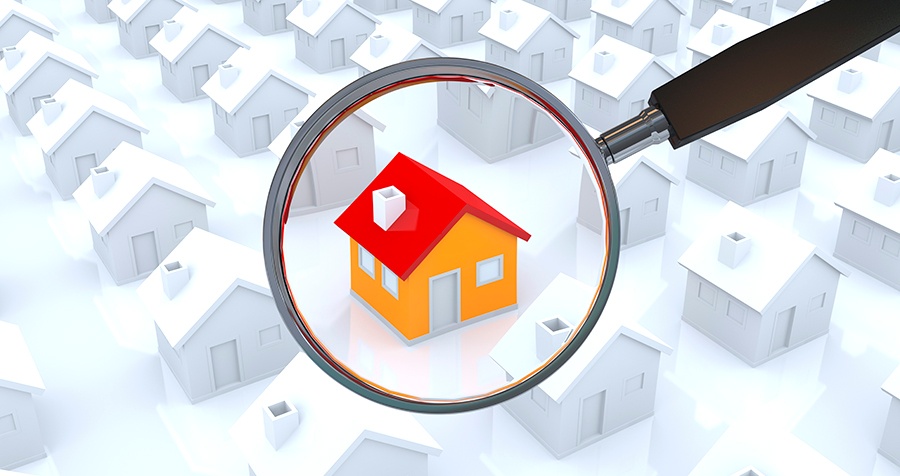
Get it right and you’ll set yourself up financially – but get it wrong, and it could spell disaster. Many home buyers are unprepared, which leads to poor buying decisions, but if you avoid these common mistakes, you’ll give yourself the best chance of coming out on top.
Not Doing Your Research
 Before you even begin attending inspections, make sure you’ve prepared yourself through proper research. First, work out what you can borrow and what you can afford.
Before you even begin attending inspections, make sure you’ve prepared yourself through proper research. First, work out what you can borrow and what you can afford.
Decide on possible locations, and get to know the neighbourhood. Find out about transport, schools and crime levels, and keep in mind that not all parts of your preferred suburb will be an ideal place to live.
Also, be clear on what you need in a house. Knowing how many bedrooms and bathrooms is obviously important, but go even further.
Do you need a bath or just a shower? Is ample bench space in your kitchen and open plan living important to you? And are you handy (or willing to spend extra) to fix up a home that needs renovations?
In which case, is buying or building a better option for you? Thinking clearly about this in advance will save you time, and narrow down your options.
Getting Your Mortgage Wrong
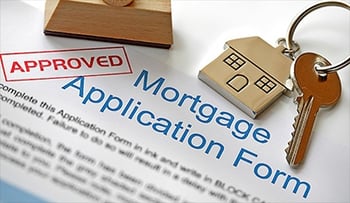 It’s an absolute must that you have your loan pre-approved (not just pre-qualified) before you start looking.
It’s an absolute must that you have your loan pre-approved (not just pre-qualified) before you start looking.
Don’t assume that you can borrow the amount the bank’s online calculator says you can – often there’s a big difference in the amount that the banks will actually lend you.
Also, be choosy with your mortgage; don’t just talk to one bank. Visit a finance broker who can compare multiple lenders and finance products, and will help you get the best deal.
Worrying Too Much About the Current Market
 Don’t let the current state of the real estate market dictate when you buy. While there’s definitely times when the market suits buyers, and times when prices are booming and it suits the sellers, the most important consideration is your own needs.
Don’t let the current state of the real estate market dictate when you buy. While there’s definitely times when the market suits buyers, and times when prices are booming and it suits the sellers, the most important consideration is your own needs.
If you have your finances sorted and are ready to buy don’t let short term market fluctuations affect your plans.
Spending More Than You Can Afford
 If you’re looking for a home that fits within your budget, you’re likely to find that there’s an abundance of properties that are just a little more expensive, but are much more appealing, than those within your price range.
If you’re looking for a home that fits within your budget, you’re likely to find that there’s an abundance of properties that are just a little more expensive, but are much more appealing, than those within your price range.
But a word of warning - don’t spend more than you can afford. Going over budget will expose you to unnecessary financial pressure. Leave yourself room to move to cover interest rate rises and changes to your future circumstances.
Buying for The Wrong Reasons
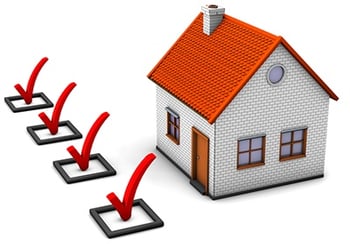 Don’t buy a house just because it is cheap - make sure you are buying the right property, not just a bargain.
Don’t buy a house just because it is cheap - make sure you are buying the right property, not just a bargain.
Of course you want to get a good price, but make sure the house ticks all the other boxes too. And don’t let yourself fall in love with a property and end up spending more than you can afford.
Be smart, and trust that there are plenty of houses out there, and you’ll find the right one at the right price. Finally, if you’ve been house hunting for months, don’t fall in to the trap of buying out of frustration.
Be patient, and take a break from looking if you find yourself tempted to buy the next house that comes along because you’re sick of looking.
Underestimating the Additional Costs
Don’t forget to include in your budget the extra costs involved in buying a home, on top of the purchase price. Acquisition costs include stamp duty, rates, valuation costs, loan application fees and mortgage insurance.
Keep some money in your budget for unexpected costs that may pop up when you move in, for example if something breaks. You’ll also need to leave room in your budget for the ongoing expenses that come with owning your own home – things like rates, insurance and maintenance.
Not Getting an Independent Building Inspection
 It’s essential that you organise a building inspection on your potential new home – and be sure to engage an independent inspector, not one recommended by the selling agent.
It’s essential that you organise a building inspection on your potential new home – and be sure to engage an independent inspector, not one recommended by the selling agent.
Don’t be surprised if the report includes a long list of faults – and don’t be put off by minor faults that are easily fixed. Worry about the major ones, as these are what will cost you in the long run.
A Final Word
Buying a home is a huge decision – so don’t take it lightly. Prepare yourself, do your research and understand exactly what you need and want in a home before you start.
Also, make sure you examine all the available options. Will you buy an existing home, and if so, are you willing to spend more when you move in to renovate if needed? Or are you keen to build a brand new home?
If you decide to build, be sure to consider both a conventional build and a modular home.
And remember: all the thought and groundwork you put into the buying process, will be well worth it when you and your family are settled in and enjoying your perfect new home.



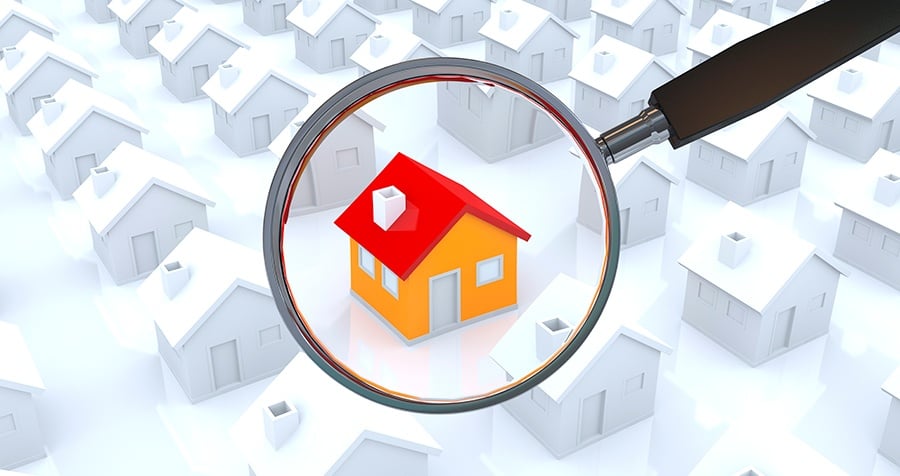



 Before you even begin attending inspections, make sure you’ve prepared yourself through proper research. First, work out what you can borrow and what you can afford.
Before you even begin attending inspections, make sure you’ve prepared yourself through proper research. First, work out what you can borrow and what you can afford.  It’s an absolute must that you have your loan pre-approved (not just pre-qualified) before you start looking.
It’s an absolute must that you have your loan pre-approved (not just pre-qualified) before you start looking.  Don’t let the current state of the real estate market dictate when you buy. While there’s definitely times when the market suits buyers, and times when prices are booming and it suits the sellers, the most important consideration is your own needs.
Don’t let the current state of the real estate market dictate when you buy. While there’s definitely times when the market suits buyers, and times when prices are booming and it suits the sellers, the most important consideration is your own needs.  If you’re looking for a home that fits within your budget, you’re likely to find that there’s an abundance of properties that are just a little more expensive, but are much more appealing, than those within your price range.
If you’re looking for a home that fits within your budget, you’re likely to find that there’s an abundance of properties that are just a little more expensive, but are much more appealing, than those within your price range.  Don’t buy a house just because it is cheap - make sure you are buying the right property, not just a bargain.
Don’t buy a house just because it is cheap - make sure you are buying the right property, not just a bargain.  It’s essential that you organise a building inspection on your potential new home – and be sure to engage an independent inspector, not one recommended by the selling agent.
It’s essential that you organise a building inspection on your potential new home – and be sure to engage an independent inspector, not one recommended by the selling agent. 
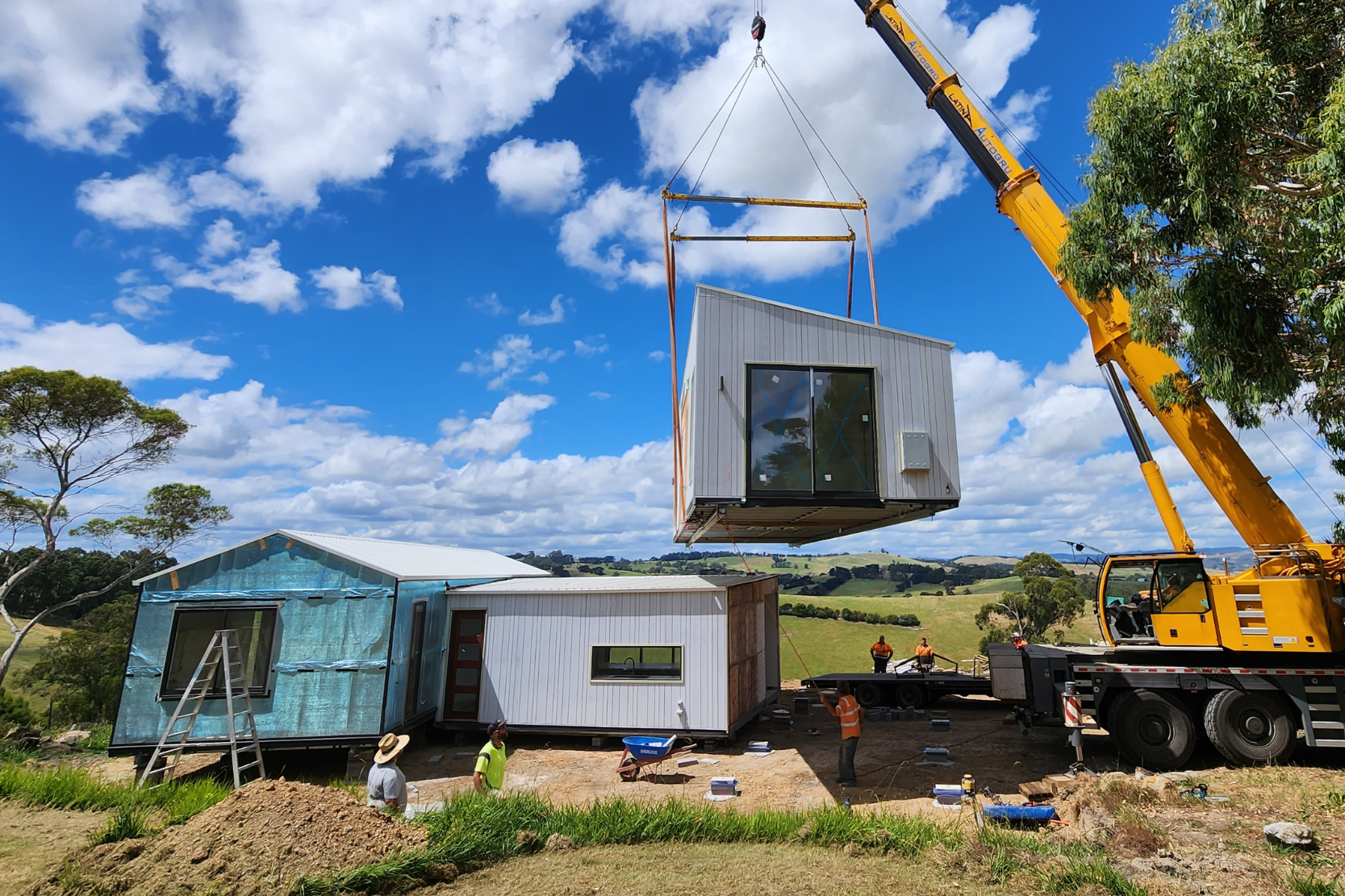
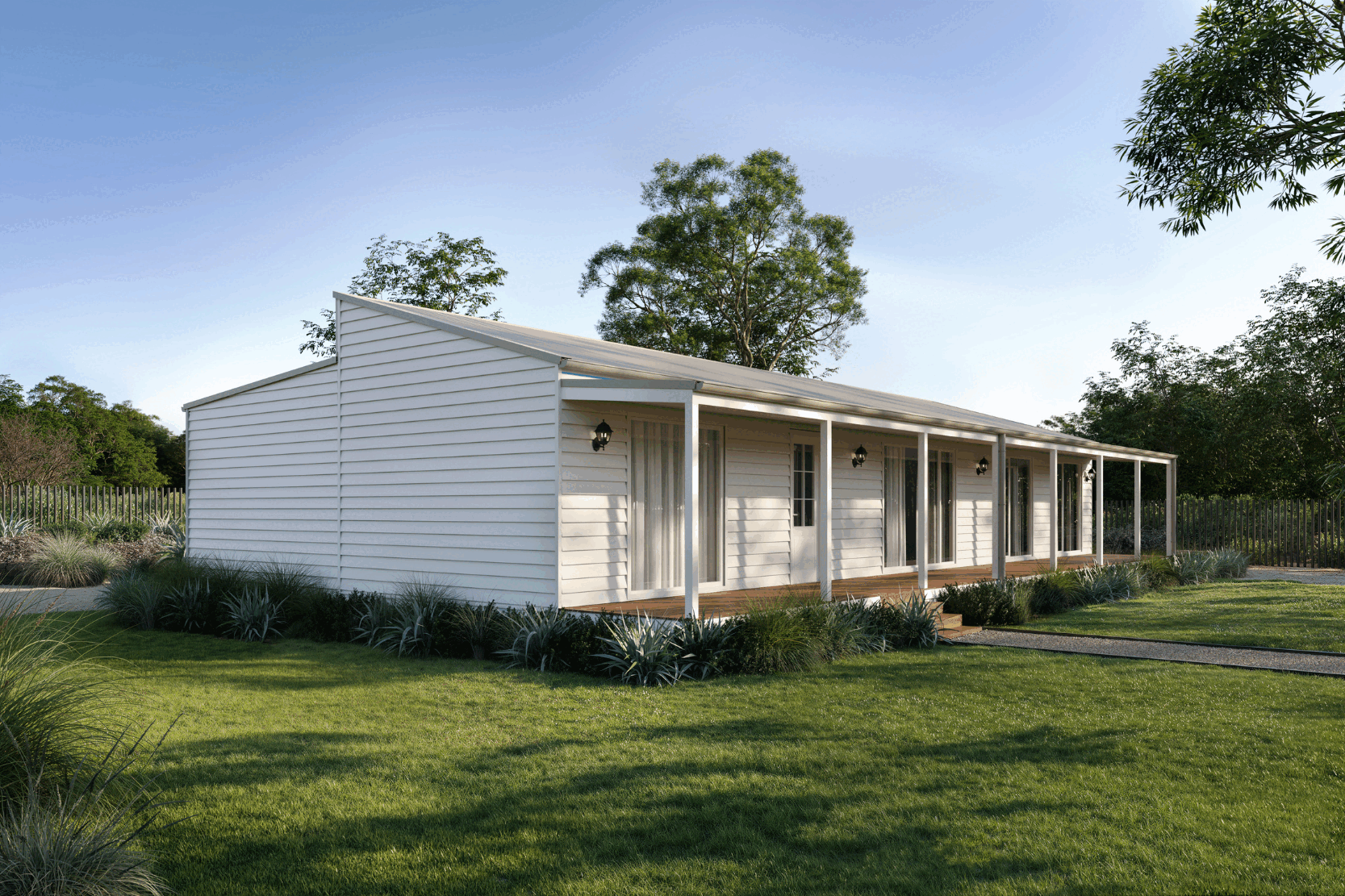
.png)